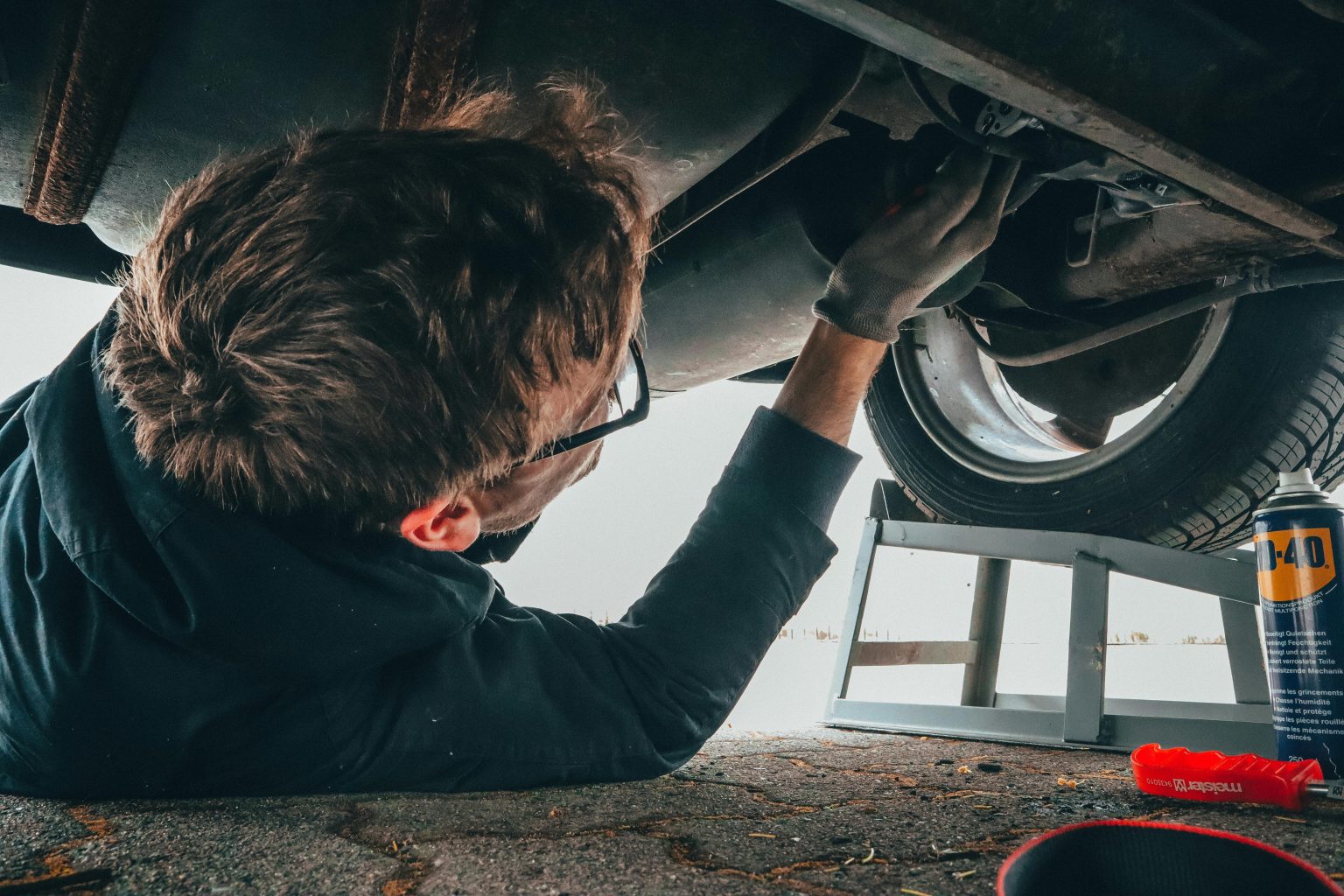- 36% of used car buyers did not always test drive their car before purchasing.
- 31% of those who skipped a test drive later found issues that they believe could have been detected.
- 52% said they are not confident in their ability to identify potential mechanical or functional issues when inspecting a used car.
In 2024, used car sales rose by 5%[1], but unlike buying a new car, purchasing a used vehicle comes with extra considerations. So, are buyers doing everything they should to make informed decisions?
To find this out, temporary car insurance experts, Tempcover, surveyed 2,000 UK drivers who have purchased a used car to explore their key considerations[2], buying habits and steps they take before making a purchase. The results reveal some surprising trends, including the number of buyers who don’t always test drive the car before buying, and the number of those who later experienced issues that a test drive could have uncovered.
Why are Buyers Skipping Test Drives?
The survey explored why over a third of buyers do not always test drive a car before purchasing. The most common reasons were trust in the seller and the belief that the car appeared to be in good condition. Surprisingly, one in ten didn’t always test drive because the seller didn’t offer or allow it.
| Reason | % of Respondents |
| I trusted the seller’s description and paperwork | 22% |
| The car looked to be in excellent condition | 18% |
| I have owned a similar car in the past | 16% |
| I assumed a test drive wouldn’t reveal much | 14% |
| I bought the car online without seeing it in person | 13% |
*Multiple responses permitted from those who didn’t always test drive a used car before purchasing.
Of the buyers who skipped test drives, 31% later experienced car problems that they believed a test drive or thorough inspection likely would have revealed. One in 10 also said these issues resulted in costly repairs.
Lack of confidence may also play a role in buyers’ decisions, with 52% admitting they are not confident in their ability to identify potential mechanical or functional issues when inspecting a used car.
Even among those who did test drive before purchasing, some may have unknowingly put themselves at risk, as 18% assumed their annual car insurance covered them for test drives but weren’t certain.
What Matters Most to Used Car Buyers?
Unsurprisingly, price is the top priority for used car buyers, with 52% of respondents ranking it as their main consideration. This was followed by the number of miles the car had done (47%) and its MOT history and roadworthiness (30%).
At the other end of the scale, emissions and environmental impact (23%) and technology and features (23%) ranked as the top factors that were not a priority for used car buyers. This was followed by previous ownership details (16%) and tyre condition and tread depth (14%).
When asked about the overall importance of cosmetic features, 90% of respondents cited good interiors and paintwork, plus a lack of dents and scratches important to their purchase decision.
Key Things to Check When Buying a Used Car
Drivers should be as informed as possible before spending any money on a used car. Tempcover provides some of the questions you could ask before purchasing[3]:
- What is the car’s service history?
- Has the car been involved in any accidents?
- Are there any outstanding finance agreements?
- Can I see the V5C logbook?
- What is the Vehicle Identification Number (VIN)?
- Does the car have a valid MOT?
When it comes to test drives, Claire Wills-Mckissick, temporary car insurance expert at Tempcover adds:
“While no law requires a seller to allow a test drive, it is generally expected and beneficial for both buyers and sellers. If a seller refuses, it could be a red flag; however, even the most honest seller may be unaware of hidden mechanical issues. A test drive is always recommended to help avoid unexpected problems down the line.
“Additionally, it’s crucial to have the right insurance when test driving a car. Many assume their annual policy covers them for driving other cars, but this isn’t always the case. Temporary car insurance offers a quick and flexible way to ensure you’re covered, giving you greater peace of mind during the buying process.”



